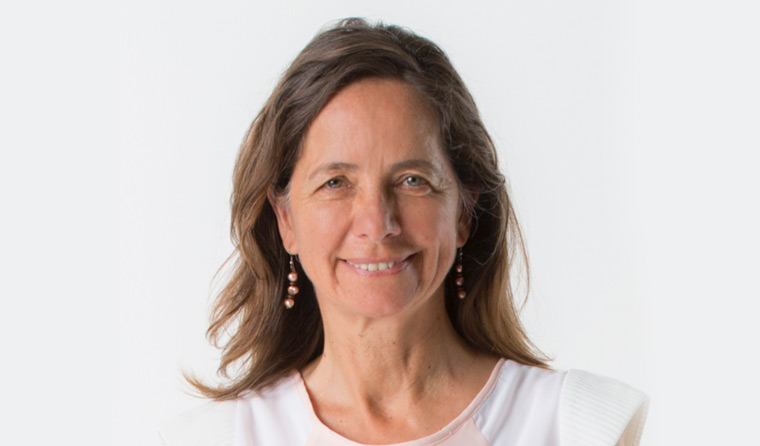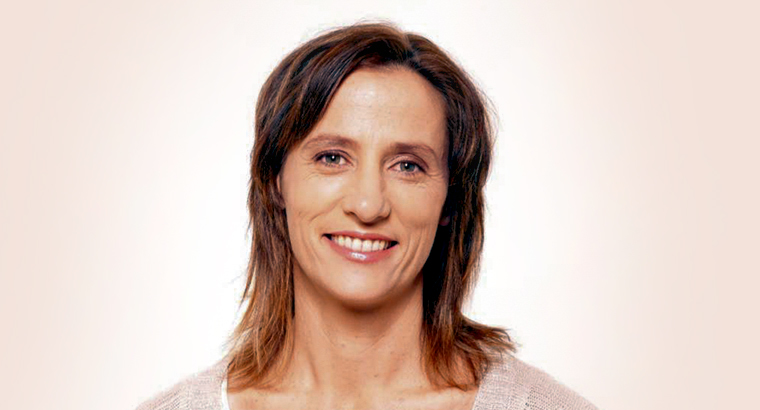Feature
When friends and family ask for medical advice
newsGP speaks with three GPs about how they respond when asked for informal assistance.
 GPs are accustomed to friends and family members asking for informal medical advice.
GPs are accustomed to friends and family members asking for informal medical advice.
Being asked for medical advice out-of-hours by friends and family is par for the course when you’re a GP, according to Associate Professor Vicki Kotsirilos.
‘It happens all the time,’ she told newsGP.
‘Over the years I’ve found it a constant challenge.’
Most questions come from close friends and family members, but Associate Professor Kotsirilos has been surprised by how far people are willing to overstep boundaries to pick her brain.
‘One time I was at a cafe with a friend and the husband came along and said, “Vicki, look at this rash” and pulled down his pants,’ she said.
‘He didn’t lower his underpants, but he lowered his pants, and the rash was in the groin area.
‘After I recovered from the initial shock I said, “Oh, that’s not good; that’s a bad rash. You’ll need to see your local doctor.”
‘That’s how I brushed it off.’
Dr Emily Amos can relate.
‘I actually was asked by a friend, just this morning,’ she told newsGP. ‘She sent me a couple of photos of her baby’s hand and asked what was going on.’
The questions put to Dr Amos range from what to do about a ‘sniffly nose’ through to queries about breastfeeding.
She says the issue of being asked for help outside work has ‘really plagued’ her at times, as she felt it was a heavy burden for GPs to carry.
‘I used to be quite bitter and resentful about it,’ she said.
Dr Hester Wilson is also used to fielding questions and requests for advice, but has been surprised at colleagues’ requests for ‘corridor consults’.
Colleagues have even asked Dr Wilson to provide scripts. Not surprisingly, she refused, explaining that doing so would not be good care and that she is their colleague, not their doctor.
‘And I’ve had a few colleagues that have been offended by that,’ she said.
The concern over causing offence helped to shape Associate Professor Kotsirilos’s approach to this issue.
Instead of risking resentment, she prefers to listen to people’s issues, approaching the problem as though she were a layperson listening to a friend’s issues.
‘It’s always good to listen to them like you would with a friend,’ she said.
‘It’s good to give them the time to actively listen so they feel that they’re listened to and that we care for them as a friend or family member.
‘If we abruptly stop them and tell them, “No, it’s not my place, go see your GP”, they can feel offended and [as though we] don’t care.’

Associate Professor Vicki Kotsirilos actively listens to friends and family when they come to her for medical advice, before directing them back to their own GP.
Not the best care
While she cares about her friends and family, Associate Professor Kotsirilos does not feel she can provide them with appropriate care, especially in an informal, out-of-work approach.
‘In social situations I can’t be as objective as I would be at work,’ she said.
‘I switch off after-hours.’
Dr Wilson agrees.
‘I don’t think that you can actually give good care as a family member,’ she said. ‘I think you’re too emotionally involved … and you do need to step back from that.’
Since Associate Professor Kotsirilos has adopted the approach of letting family and friends discuss their issues with her, she has found it is common for them not to ask for advice afterwards.
‘All they wanted was to talk about it,’ she said.
If they still want further help, Associate Professor Kotsirilos advises them to see their own GP or offers to recommend a good GP if they do not have one.
‘I will say to them … “It saddens me to hear you’re unwell and that you’re suffering, that’s horrible. You’ve got to go back to your GP and let them know what you told me, they care about you, they want to help you”,’ she said.
If people persist, Associate Professor Kotsirilos explains there are guidelines that prevent her from offering any further help.
‘I say, “The Medical Board has guidelines for doctors that say we really cannot make clinical decisions to help you”,’ she said.
‘This helps friends and family understand that I cannot be too involved in their healthcare and that boundaries are set for good reasons.’
Dr Wilson prefers to triage their needs.
‘For me, the approach is that I’m the first responder that they sought help with,’ she said.
‘And if it’s an emergency, then I would offer emergency care and make sure they get appropriate care.’
Dr Wilson will point non-urgent matters in the right direction to get the treatment they need from someone else.
Given the personal nature of people’s medical questions, Dr Wilson feels it’s unfair for her or other GPs to be ‘carrying quite a few secrets’.
‘And it’s always that balance between, is this something that I shouldn’t know about this person? Or that I want to know?’ she said.
‘And how does that impact our relationship outside the doctor–patient relationship, because they’re not my patient.
‘It’s something that I do carry with me – very private information about some of the people in my life – that I’d probably prefer not to know.’

Dr Hester Wilson gets questions often, but was taken by surprise when a colleague asked her for a script.
It does happen
None of this, however, is to say these GPs have never offered medical advice to friends or family.
Dr Wilson recalls once being asked very informally for some advice about a friend’s daughter, who had abdominal pain but chose not to organise a formal consultation. After a quick chat, Dr Wilson sent the girl to the emergency department.
The girl and her mother ended up spending hours waiting at emergency before being advised to see their own GP, who was able to help.
The family let Dr Wilson know of their displeasure at her advice.
‘They gave me kind of a hard time because they went to the emergency department, and they had to wait,’ she said.
This acted as a reminder to Dr Wilson of the importance of not giving advice out of context and when you do not know the full story.
Associate Professor Kotsirilos has a similar story.
‘I recall many years ago telling a family member, “You have a cold, you’ll get over it”,’ she said.
‘But when they saw their GP they were prescribed antibiotics and they made me feel inadequate, like I got it wrong and that they were much more serious.’
Dr Amos’ approach to the issue has evolved throughout her years as a GP.
‘When I was more junior and heading towards burnout, I used to be very overcautious and a bit reactive where I’d actually get annoyed that people were asking for help because I felt overwhelmed by it and all I could see was the problems with it,’ she said.
‘Since being able to step back a little bit I’m able to realise that people will always ask for help, that’s in their nature, and it’s actually my job to hold the boundary.’
Nowadays she tailors her response to the question being asked.
‘Sometimes there are some very low-risk things: “My kid’s got a sniffly nose”,’ she said.
In those cases, Dr Amos does not feel comfortable telling them to ‘just go and see your GP’. She instead gives general advice and lets people know symptoms to look out for, and when to seek further help.
‘Most of my professional life I’ve been so ultra-cautious and that ultra-cautiousness has actually caused me quite a lot of angst,’ she said.
‘Perhaps having a blanket rule of, “No, I can’t give advice” would have been better than me trying to balance it, keep people happy, not step on toes, not make a mistake.
‘There’s just so many variables that you’re trying to take into account with people’s feelings … that you don’t have in a consulting room where you are purely there to do your professional duty.’
Log in below to join the conversation.
boundaries medical advice
newsGP weekly poll
Health practitioners found guilty of sexual misconduct will soon have the finding permanently recorded on their public register record. Do you support this change?